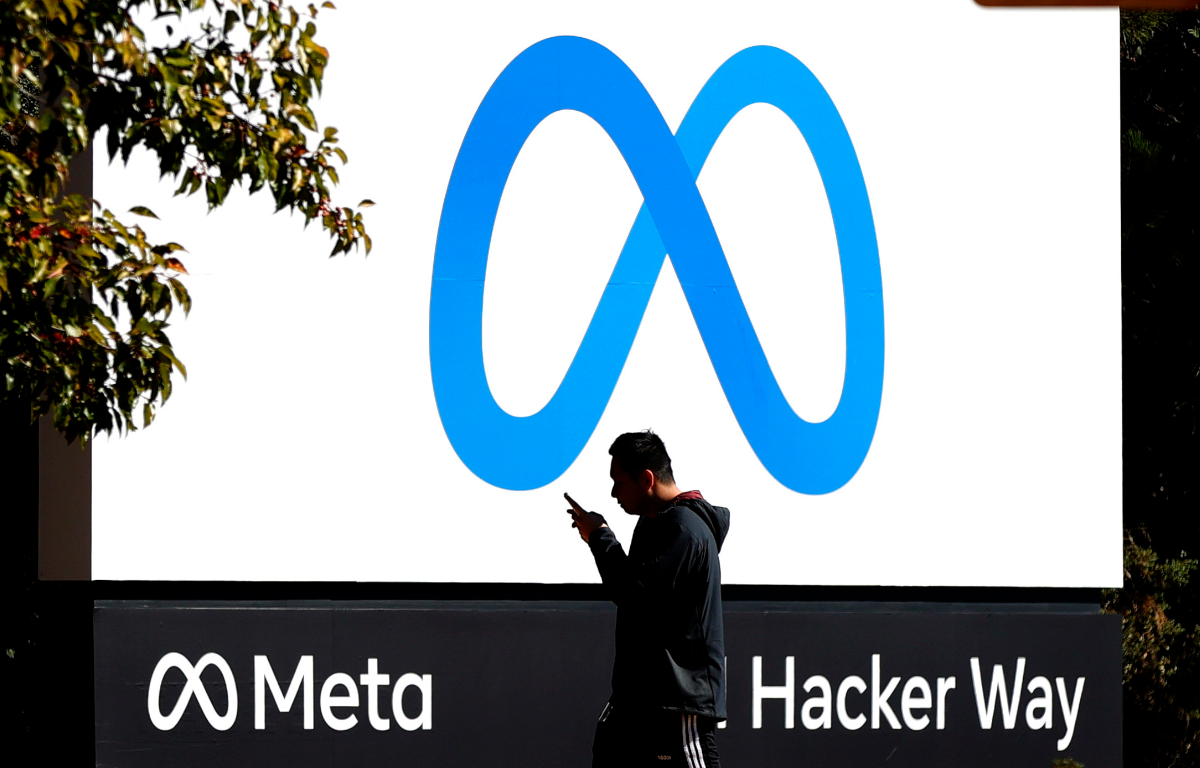
The individual in question, whose identity remains undisclosed due to legal proceedings, is accused of illegally accessing and stealing sensitive AI-related trade secrets during their tenure at Google. The charges highlight the complexities and challenges surrounding intellectual property protection, especially in the context of international collaborations and the competitive landscape of AI development.
The allegations against the ex-Google engineer stem from their involvement in collaborating with Chinese companies while still employed at Google. It’s alleged that during this period, the engineer accessed confidential information and proprietary algorithms related to AI technologies. These technologies are said to be at the forefront of Google’s advancements in AI and machine learning, making them highly valuable and sought-after assets in the tech industry.
The case underscores the increasing concern within the tech community regarding the protection of intellectual property, particularly in fields as innovative and competitive as AI. With rapid advancements in AI technologies and their widespread adoption across various industries, safeguarding proprietary algorithms and trade secrets has become a critical priority for companies investing heavily in AI research and development.
Moreover, the collaboration between tech professionals and companies from different countries adds another layer of complexity to intellectual property protection. While international collaborations can foster innovation and knowledge exchange, they also raise concerns about the risk of intellectual property theft and unauthorized access to sensitive information.
The charges against the former Google engineer serve as a reminder of the legal and ethical responsibilities that professionals in the tech industry must uphold. Respect for intellectual property rights, confidentiality agreements, and ethical conduct in collaborative endeavors are paramount to maintaining trust and integrity within the tech ecosystem.
Furthermore, the case reflects broader geopolitical tensions and concerns related to technology transfer and national security. The intersection of AI development, international collaborations, and geopolitical dynamics has become a focal point for policymakers, regulators, and industry stakeholders seeking to strike a balance between innovation, security, and ethical practices.
In response to such incidents, tech companies are increasingly implementing stringent measures and protocols to safeguard their intellectual property and mitigate the risks associated with unauthorized access and data breaches. This includes robust cybersecurity practices, employee training on data protection and confidentiality, as well as legal mechanisms to address intellectual property theft and enforce compliance with trade secret laws.










Share this: